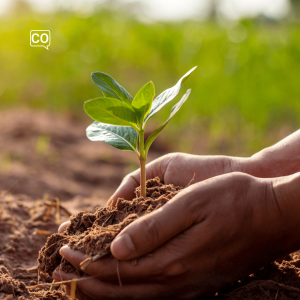Mira esas flores

Learning goals:
- Situation: Aprende los nombres básicos de las flores (Learn the basic flowers' names)
- Verb: Plantar (to plant) - Presente, indicativo (Present, indicative)
- Verb: Plantar (to plant) - Pretérito perfecto, indicativo (Present Perfect, indicative)
- Verb: Regalar (to gift) - Presente, indicativo (Present, indicative)
- Verb: Regalar (to gift) - Pretérito perfecto, indicativo (Present Perfect, indicative)
-
Grammar: E relativo
"que" (The relative "que") - Culture: El clavel: la flor nacional de España (The carnation: the national flower of Spain)
Learning module 2 (A2): Naturaleza y medio ambiente (Nature and environment)
Teaching guidelines +/- 60 minutes
Core vocabulary (14)
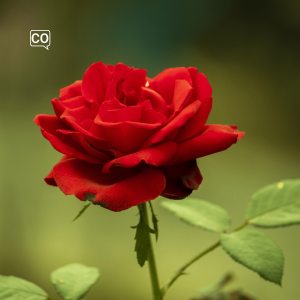
Las rosas que me regaló Pedro tienen un aroma interesante.
(The roses that Pedro gave me have an interesting aroma.)
La rosa
(The rose)
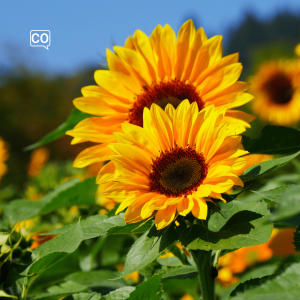
El girasol que está en el campo es muy bonito.
(The sunflower in the field is very beautiful.)
El girasol
(The sunflower)
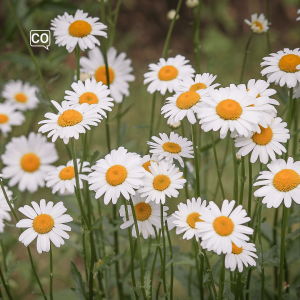
La margarita que crece en el campo es muy bonita.
(The daisy that grows in the field is very pretty.)
La margarita
(The daisy)
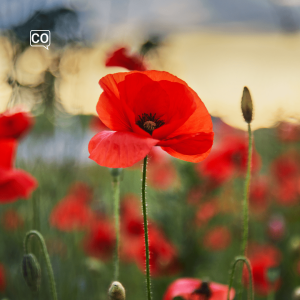
Las amapolas que plantamos están muy bonitas.
(The poppies we planted are very pretty.)
La amapola
(The poppy)
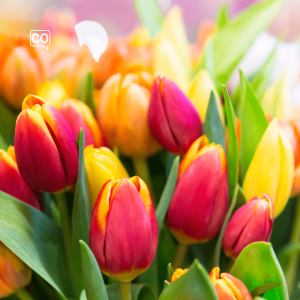
El tulipán que planté en mi jardín es muy bonito.
(The tulip that I planted in my garden is very beautiful.)
El tulipán
(The tulip)
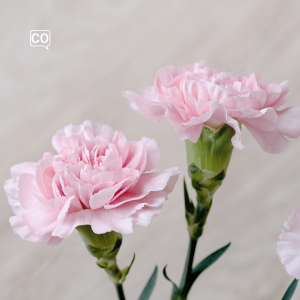
Los claveles que plantamos florecerán en primavera.
(The carnations we planted will bloom in the spring.)
El clavel
(The carnation)
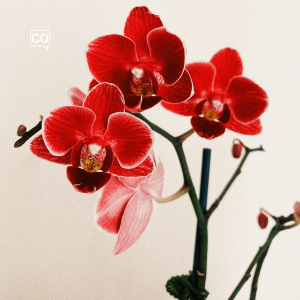
Las orquídeas que compraron en la floristería son exóticas.
(The orchids that they bought at the florist are exotic.)
La orquídea
(The orchid)
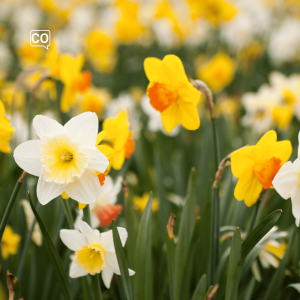
Los narcisos que florecen en primavera son preciosos.
(The daffodils that bloom in spring are beautiful.)
El narciso
(The daffodil)
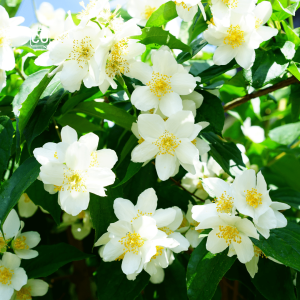
Los jazmines que están en el florero huelen muy bien.
(The jasmines that are in the vase smell very good.)
El jazmín
(The jasmine)
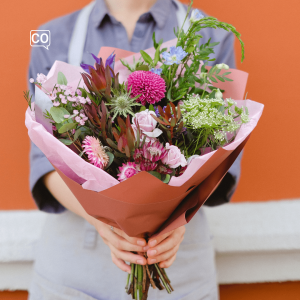
Los ramos de flores que venden en la floristería son muy variados.
(The bouquets of flowers sold at the florist's are very varied.)
El ramo de flores
(The bouquet of flowers)
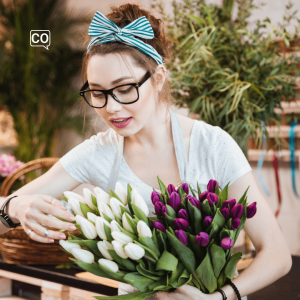
Las floristerías que están en el centro venden todo muy caro.
(The flower shops in the city centre sell everything very expensively.)
La floristería
(The florist's)
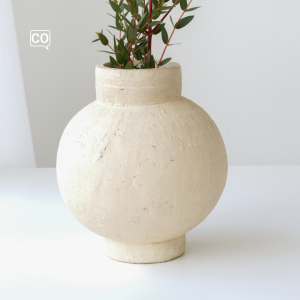
Los floreros que regalé son de la floristería.
(The vases I gave as a gift are from the florist.)
El florero
(The vase)

Ellos te regalan algo de la floristería.
(They give you something from the florist's.)
Regalar
(To gift)
Word list (18)
Core vocabulary
(14):
Verbs: 2,
Nouns: 12,
Context vocabulary:
4
| Spanish | English |
|---|---|
| El clavel | The carnation |
| El florero | The vase |
| El girasol | The sunflower |
| El jazmín | The jasmine |
| El narciso | The daffodil |
| El ramo de flores | The bouquet of flowers |
| El tulipán | The tulip |
| Floreros | Vases |
| Floristerías | Florists |
| La amapola | The poppy |
| La floristería | The florist's |
| La margarita | The daisy |
| La orquídea | The orchid |
| La rosa | The rose |
| Plantan | Plant |
| Plantar | To plant |
| Ramos | Bouquets |
| Regalar | To gift |
